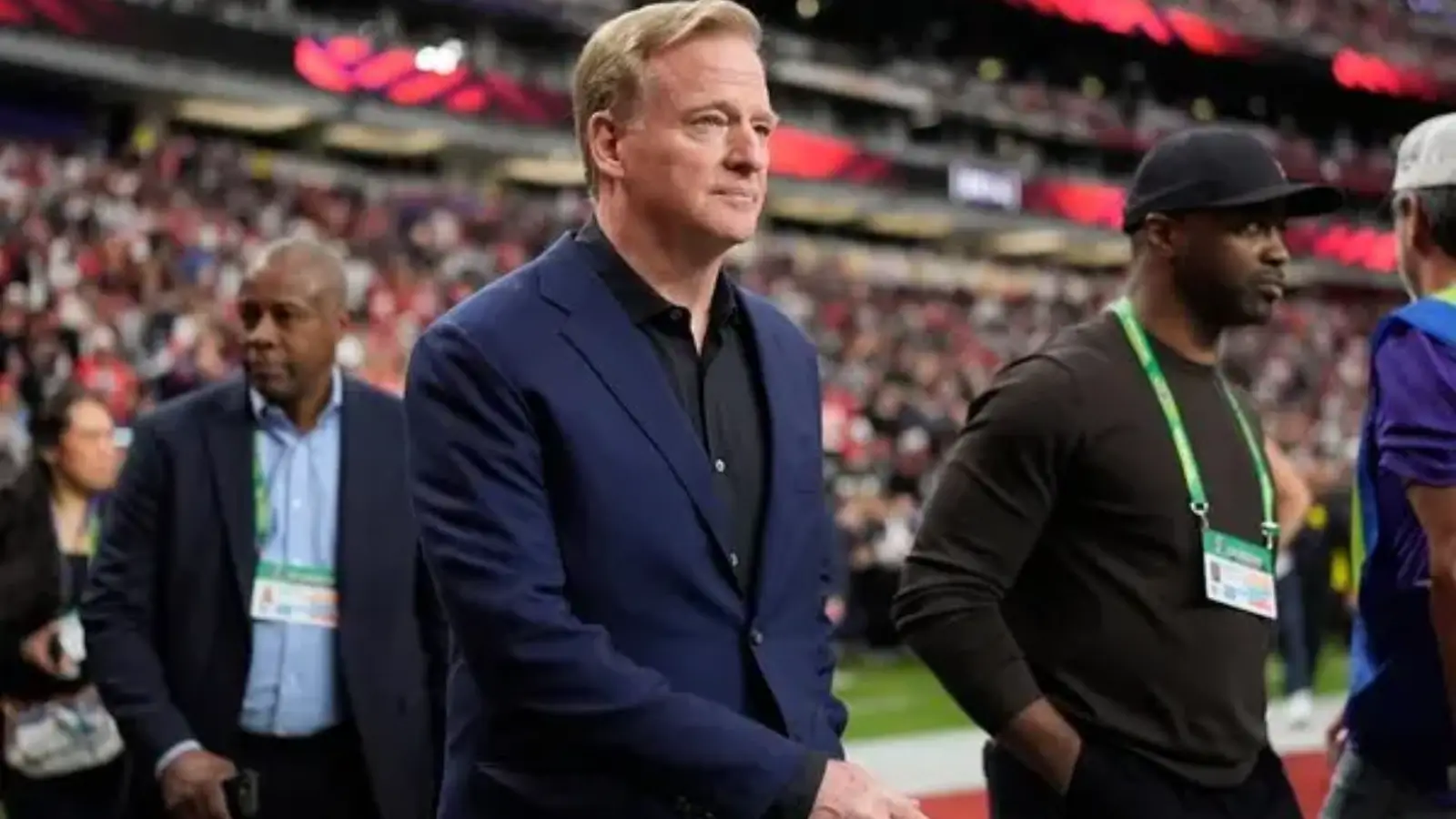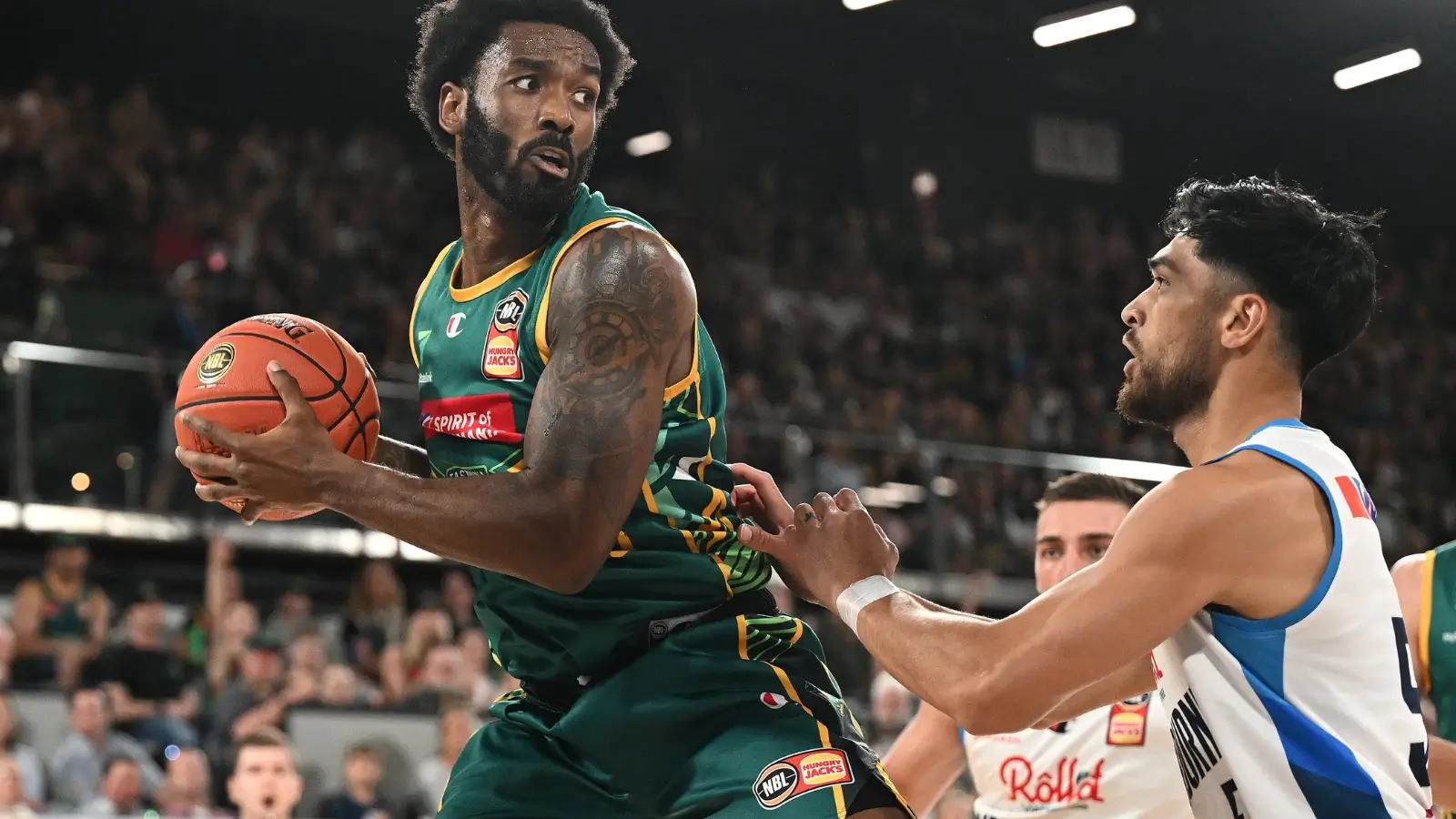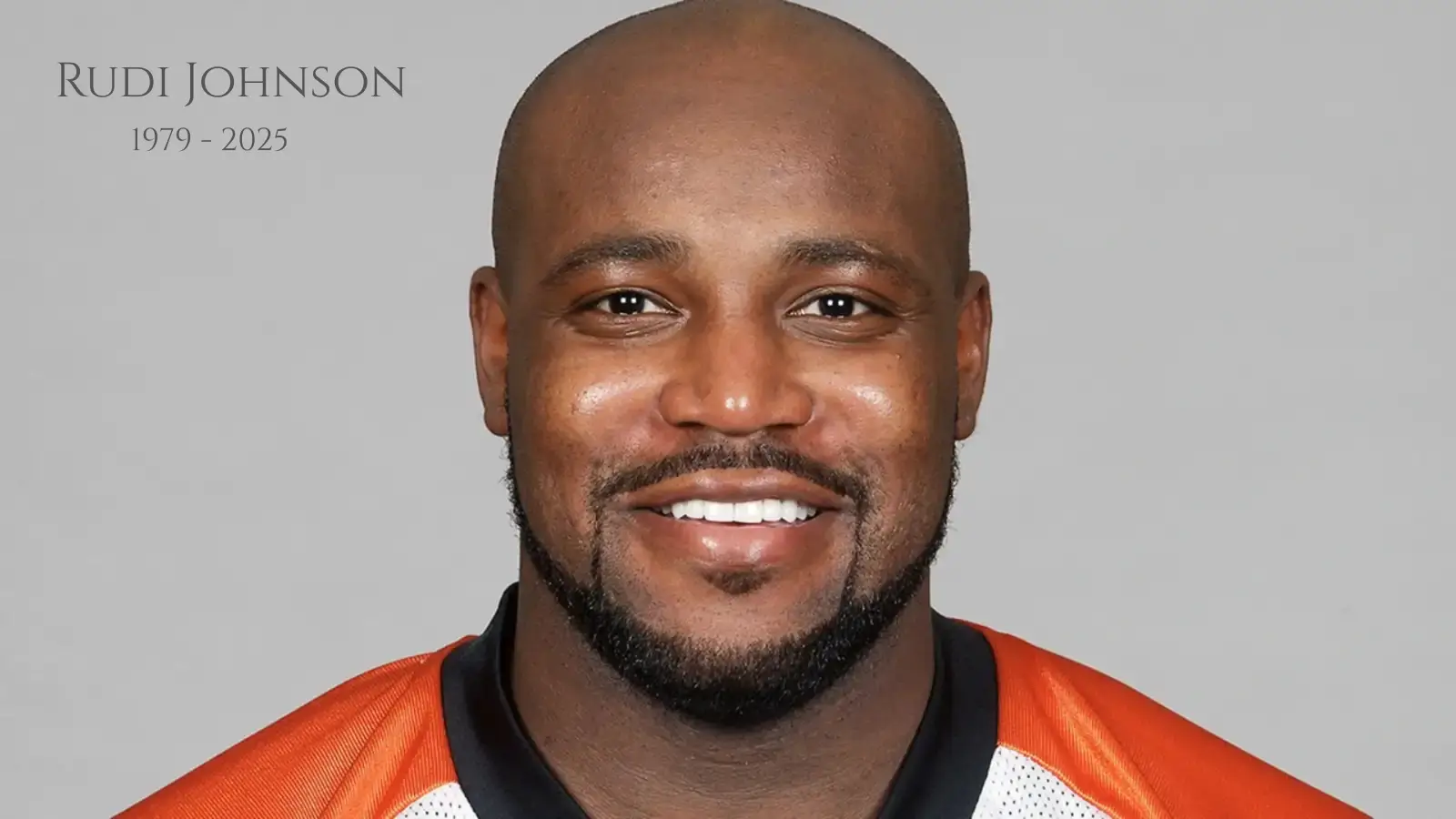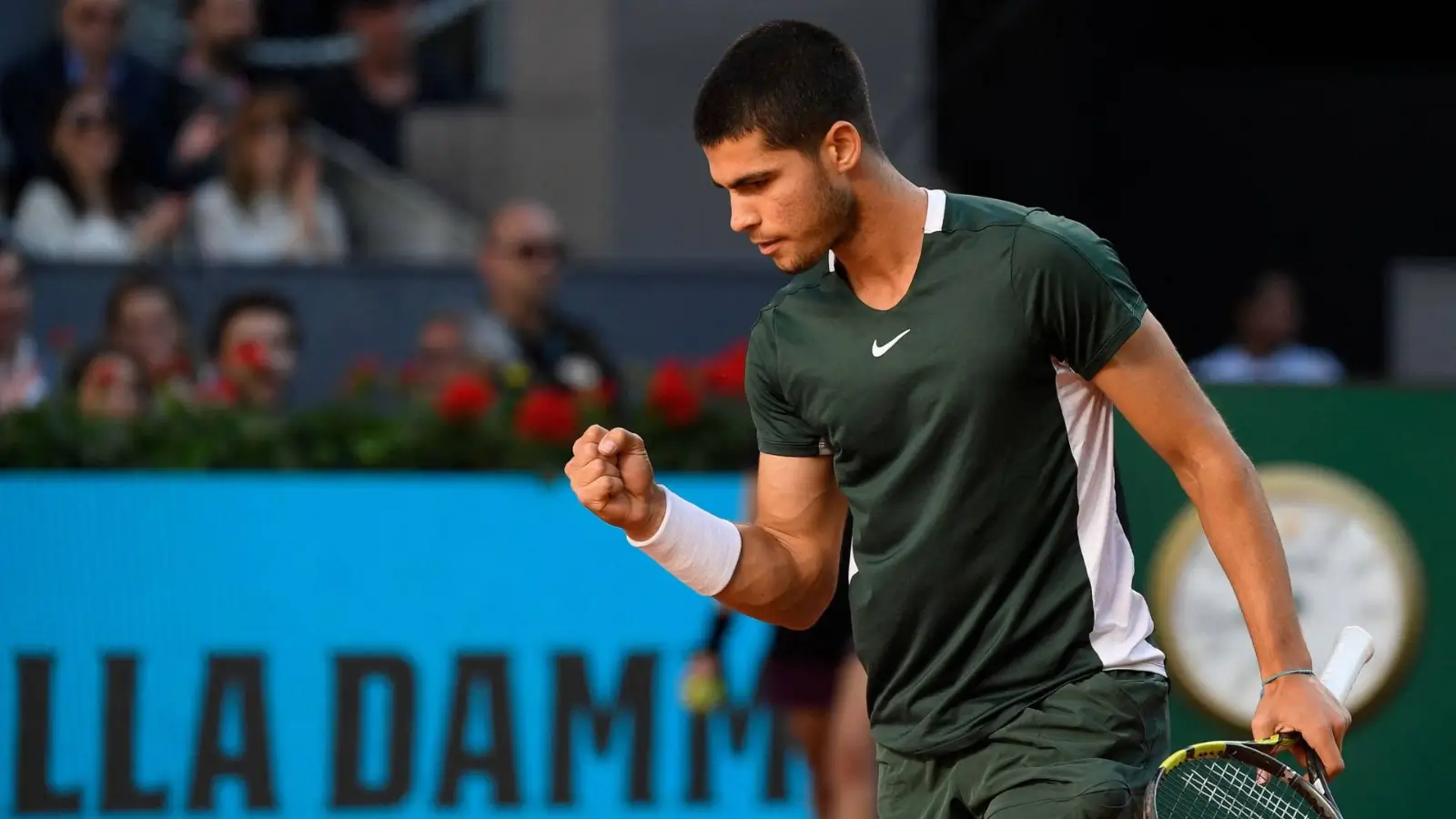Paris Saint-Germain wasn’t always a big name in world football. In fact, for a long time, it was mostly known just in France. However, over the last decade, things changed.
Today, PSG is a global brand. From massive player signings to fashion collabs, the club has turned itself into something much bigger than the game. But how?
In this blog, we’ll walk through how PSG built this global image and what that means for anyone trying to get their hands on match tickets now.
First Off, Let’s Talk About How PSG Became a Global Brand
Here are some steps that help PSG become a global brand.
Signing Superstar Players
One of the biggest things that helped PSG go global was signing some of the world’s most famous footballers. When they brought in players like Neymar, Kylian Mbappé, and later Lionel Messi, the club instantly got worldwide attention.
These players aren’t just great on the pitch — they’re huge names off it too. Millions of fans from Brazil, Argentina, and all over Europe and Asia suddenly started watching PSG games just to see their favorite stars play.
These signings made headlines around the world. Social media buzzed every time they scored, celebrated, or even posted something. PSG used this star power to attract new fans who had never followed French football before. Suddenly, the club became a must-watch team, and their matches started reaching new countries and new audiences.
Collaborations with Fashion Brands
PSG did something most football clubs never even think about—they got into fashion. One of the biggest moves was teaming up with Jordan Brand, the famous sneaker and streetwear line from Nike. They launched special kits and collections that didn’t just appeal to football fans, but also to people who love style, sneakers, and streetwear.
This move changed how people saw the club. Suddenly, PSG wasn’t just a sports team — it became part of the fashion world. Celebrities, influencers, and even people who don’t watch football started wearing PSG gear. Their jerseys showed up at fashion weeks, on music videos, and across Instagram feeds.
By mixing football with culture and fashion, PSG reached a whole new audience. This helped them grow far beyond the usual sports fan crowd, and it made the club stand out in a very cool, modern way.
Heavy Focus on Social Media & Content
PSG understood early on that the internet is a powerful tool—and they used it really well. The club is one of the most followed football teams on social media. They post all kinds of content, from training clips and match highlights to behind-the-scenes videos, funny player moments, and fan reactions.
They speak the language of the internet—quick videos, eye-catching graphics, and player interactions that feel fun and real. This helped them connect with younger fans who live online and want more than just match scores.
By showing their personality and giving fans a closer look into the team, PSG built a strong online community. People started sharing their content, following players, and feeling more connected to the club—even if they live thousands of miles away.
This smart use of social media helped PSG grow their global fanbase in a way that feels natural, fun, and fresh.
Smart Branding and Merchandising
PSG didn’t just rely on football to build their brand—they also worked hard on how they looked and what they sold. The club put effort into creating a sleek, modern logo, designing cool jerseys, and releasing limited-edition items that fans really wanted to buy.
They treated their brand like a lifestyle label, not just a football team. You could walk into shops and see PSG gear that looked more like streetwear than sportswear. People started wearing their jackets, hoodies, and hats just because they looked good—not because they were going to a match.
This made PSG more than just a club—it became a brand people wanted to be part of. By mixing great design with smart product drops and quality gear, PSG turned their shop into a worldwide business.
What This Means for Ticket Demand Today
Now, let’s talk about what PSG growth means for ticket demand.
Huge Spike in International Visitors
Today, PSG is a global attraction. Tourists from all over the world visit Paris, and many of them want to see a PSG game while they’re there. For some, watching Messi (when he was at PSG), Mbappé, or Neymar live was a once-in-a-lifetime chance. This means stadium seats aren’t just being filled by locals anymore. International fans are flying in, booking tickets early, and driving up demand.
Tickets Selling Out Much Faster
With so many people trying to attend games, PSG tickets are now harder to find. Even matches against smaller teams are selling out quickly. Whether it’s a league game or a Champions League night, seats at Parc des Princes don’t last long.
Fans need to plan early to secure tickets, and even then, there’s no guarantee they’ll get a spot. This makes it tricky, especially for local fans who are used to buying at the last minute.
Ticket Prices Rising in Resale Markets
Because official tickets get snapped up quickly, many fans turn to resale websites. But the prices there are often much higher. What used to be a €60 ticket might now cost €200 or more online. This resale market has grown a lot due to demand from international fans who are willing to pay more for the experience.
So, even if tickets are available somewhere, they might be out of budget for many people.
Wrapping Up
PSG’s rise to global fame didn’t happen by chance — it was built step by step, through smart signings, bold branding, and a strong online presence. Today, the club is more than just a football team — it’s a worldwide brand. But with that success comes pressure on ticket demand.
More fans than ever want to watch games live, and that means higher prices, quick sellouts, and tough choices for local supporters. PSG’s challenge now is finding the right balance — keeping their loyal home crowd close, while welcoming the world. Because a true global brand should bring people together, not push them out.

















